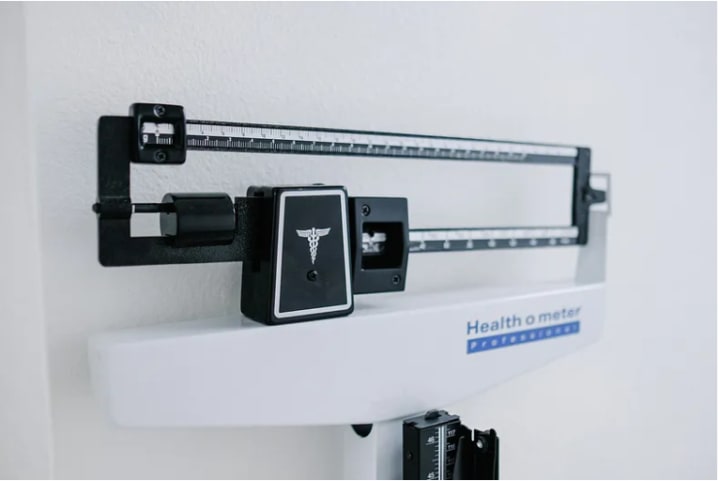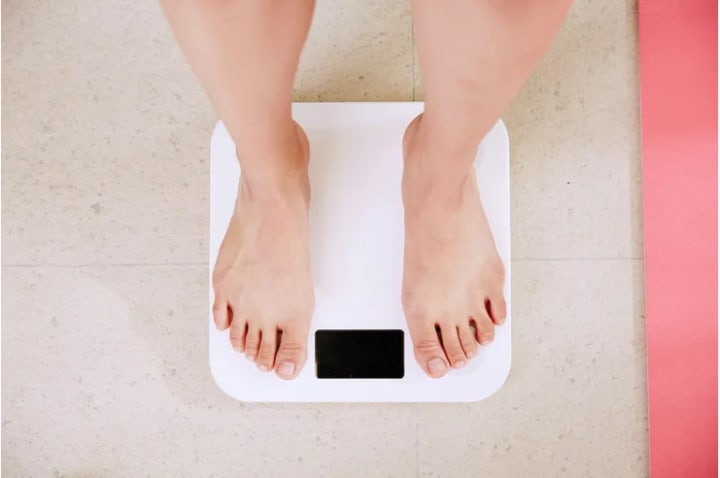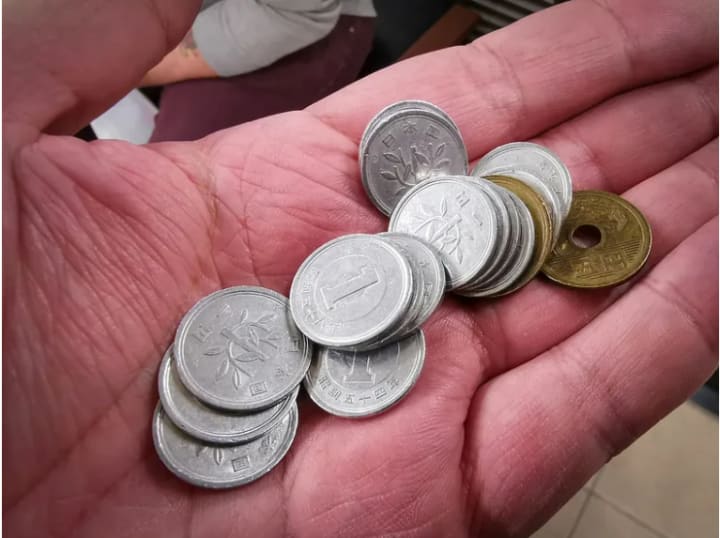Unraveling the Link Between Socioeconomic Status and Obesity
A longitudinal study suggests stress plays a key role in the correlation of obesity to income

The world is getting bigger, quite literally. By 2035, just over half of humankind will be overweight or obese, with associated costs on the global economy.
As complex and multifaceted a disease as obesity and its link with socioeconomic status is clear: Obesity is more common among people of lower socioeconomic standing.
In the United Kingdom, for example, obesity is nearly twice as common in the country’s most deprived regions than its least deprived (36 percent vs. 20 percent).

The question is why?
Research published in the Journal of Appetite with the title of “A systematic review of psychosocial explanations for the relationship between socioeconomic status and body mass index” identified five factors as possible links between modern-day obesity and socioeconomic status:
- Stress
- Temporal focus or whether one is focused on the past or the future
- Well-being expectations
- Time spent outdoors
- Food scarcity
Studies typically examine only one or two factors at a time, not all five's relative importance. In addition, past research has typically been cross-sectional, meaning it examined data at a single point in time, which limits the ability to infer causality.
The COVID-19 pandemic threw up the rare opportunity to probe these mechanisms and their impact on weight gain over time.

A study published in the Journal of the Association for Consumer Research found that people of lower socioeconomic status gained more weight than the higher status ones during the pandemic, further exacerbating the association between socioeconomic status and obesity.
Significantly, this was driven by higher stress levels among people with a lower socioeconomic status, not by any of the other four factors.
Research also indicates that stress drives weight gain because it leads people to eat more, eat less healthily, and exercise less.

Lower Status, Higher Stress
The abovementioned study was launched shortly after the outbreak of the coronavirus pandemic.
A total of 892 Americans were surveyed three times between March and May 2020, and a final time 18 months later, in November 2021.
Notably, participants were asked to indicate their socioeconomic status — in terms of financial wealth, education, and job — on a 10-point ladder, with 10 being the highest.
As it happens, past research shows that self-assessed social standing and perceived inequality may be stronger determinants of health outcomes than objective measures such as income.
Researchers assessed respondents’ stress levels by asking them to indicate how often each of the eight statements, such as “I find myself getting agitated,” described them.
They measured the temporal focus by items such as “I replay memories of the past in my mind” and “I focus on my future.”
Analyses of the responses revealed that, in the early, chaotic months of the pandemic, lower-status respondents gained more weight than higher-status ones.
This was brought on by a higher level of stress and not by respondents being less focused on the future, having worse expectations about the future, spending less time outdoors, or being deprived of food.
Sadly, lower-status respondents continued to display elevated stress 20 months into the crisis.
Meanwhile, those of higher status, who suffered less strain to begin with, experienced significantly less stress.
People who initially reacted to the pandemic by eating more, eating less healthily, and exercising less were likely to still do so 20 months later, while those who ate less and better and exercised more also persisted with their new habits.
As a result, those who gained weight retained most of the extra pounds whereas those who lost weight kept it off.

Healthy Nudges for the Less Privileged
A similar association between stress and weight gain during COVID-19 has been observed in a separate study involving British participants.
Taken together, that study and ours suggest that although COVID-19 is no longer a global health emergency, it is likely to cast a long shadow in the form of worsened health inequalities by fueling elevated, chronic stress among lower-status members of society.
Not only does stress led to weight gain and possibly obesity over time, but it is also associated with inflammations that can cause diseases such as cancer and diabetes, and impact general health.
The study offers takeaways for the ongoing, long-term war on obesity.
The first is that governments and responsible corporations should design interventions with socioeconomic differences in mind.
These include measures that directly target higher and more persistent stress levels among the less privileged, as well as behavioral nudges or programs that offer financial rewards for engaging in healthy behaviors since monetary incentives are particularly effective among this demographic.
Think of discount coupons, rather than cognitive nudges like nutritional labeling.
Health authorities might also look into tightening regulations around marketing tactics designed to frame nutritionally poor food as healthy, in light of Pierre’s recent research that shows that people with obesity are more responsive to these tactics than those of normal weight.
Study findings hopefully shed light on the strong albeit complex link between socioeconomic status and obesity.
The sobering fact is that the less advantaged among us are also more vulnerable to stress, weight gain, and a whole host of adverse health outcomes, including being sickened by the coronavirus.
These factors in turn trigger more stress and eventually a vicious spiral.
More research on the underlying causes of stress and measures to tackle them will go a long way towards alleviating health inequalities.
About the Creator
Enjoyed the story? Support the Creator.
Subscribe for free to receive all their stories in your feed. You could also pledge your support or give them a one-off tip, letting them know you appreciate their work.






Comments
There are no comments for this story
Be the first to respond and start the conversation.